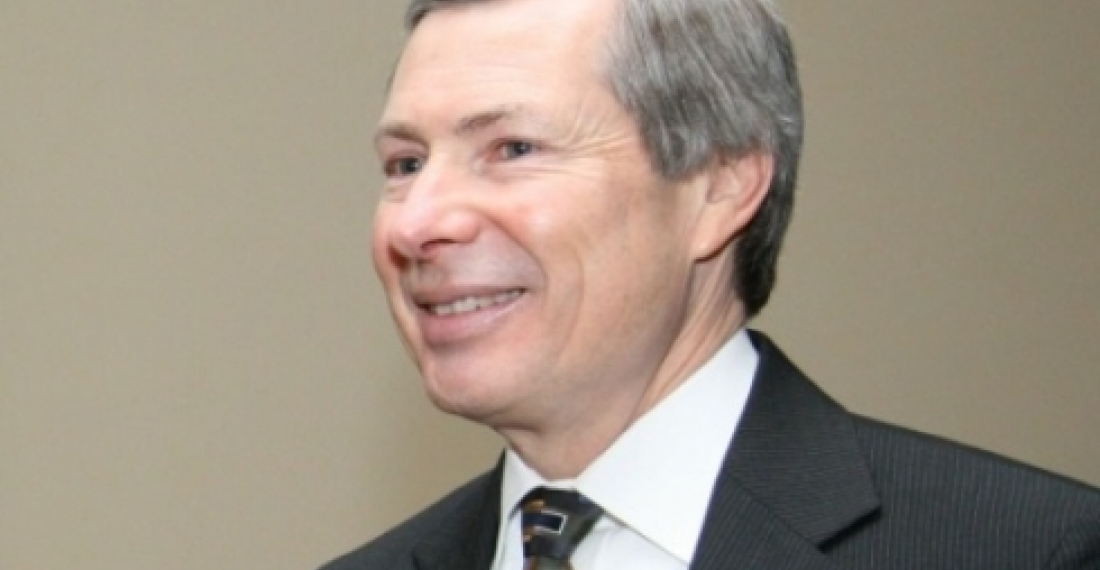The newly appointed American co-Chair of the OSCE Minsk Process - the international mechanism mandated by the international community to help resolve the Nagorno-Karabakh conflict, Ambassador James Warlick, has over the last days been visiting the region to acquaint himself with the situation on the ground and to meet the leaders of the sides concerned in the conflict.
There are some signs that Warlick is trying to get the usually secretive Minsk Process to be more open, and to communicate better with the media and civil society in the conflict affected communities. Observers have noted that Warlick was much more accessible to the media than previous co-chair during his visit, but perhaps the most indicative step is Warlick's use of twitter. For example yesterday he used a tweet about a meeting that he had in Vienna with OSCE Secretary General, to also tell the world that the emphasis now was on security, confidence-building and people to people programs.
"Excellent meeting with the @OSCE SecGen. Hope we can work with all parties on security confidence building and people to people programs," was his tweet @AmbJamesWarlick. Warlick's twitter account does say on its headmast, "Nothing official, just my thoughts.", but even with this caveat, in the absence of a proper engagement by the Minsk Process with public opinion, and given the lack of information on the two decade long peace process, even a tweet is most welcome.
source: commonspace.eu
photo: Ambassador James Warlick (archive picture)







